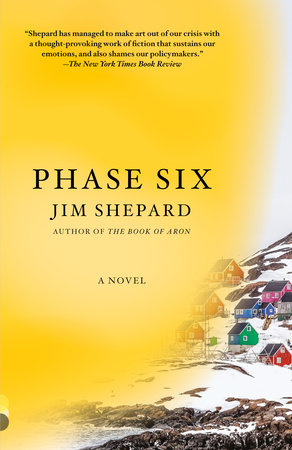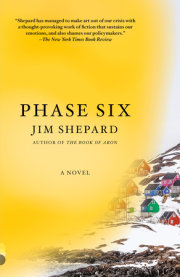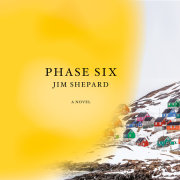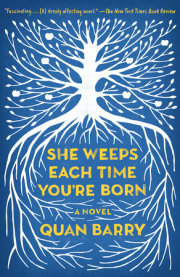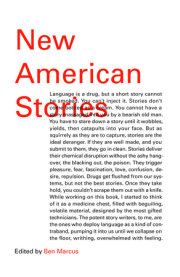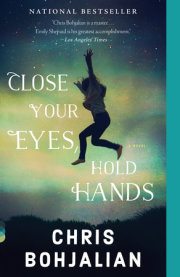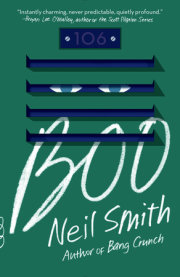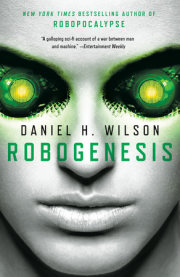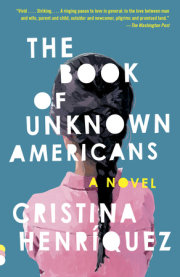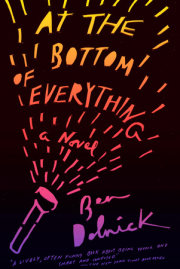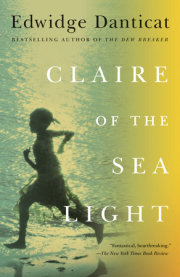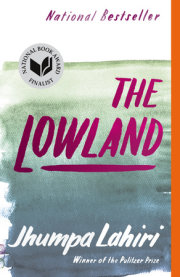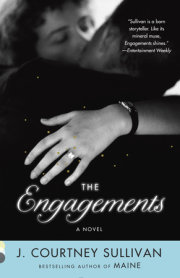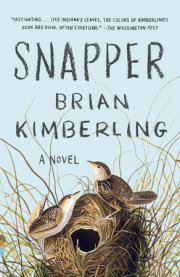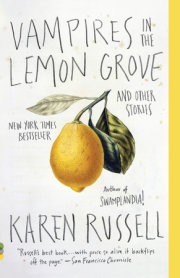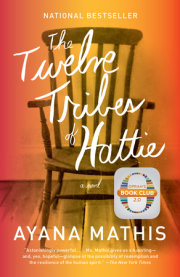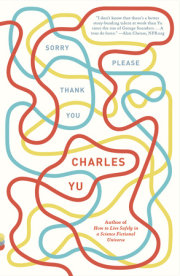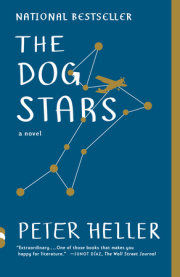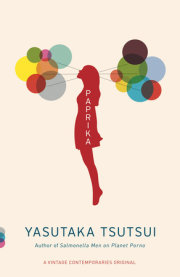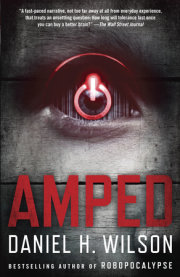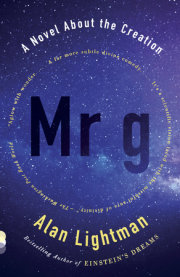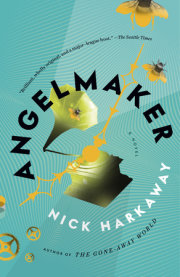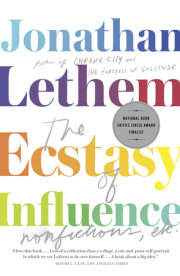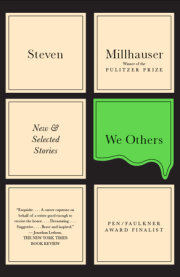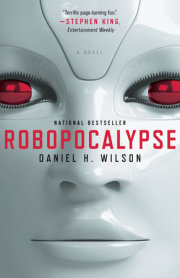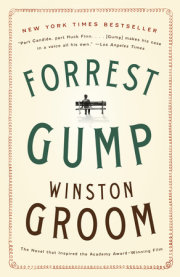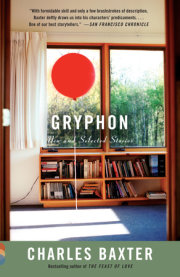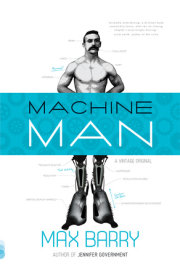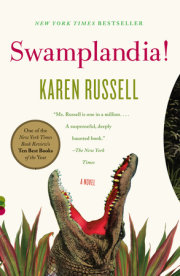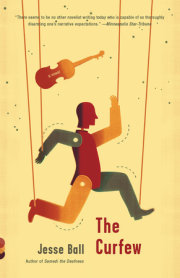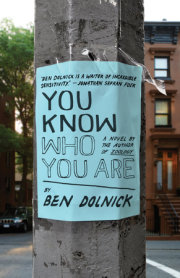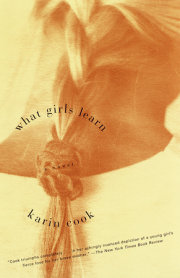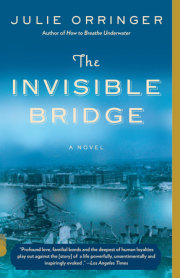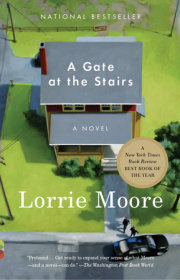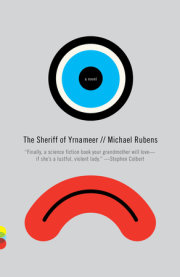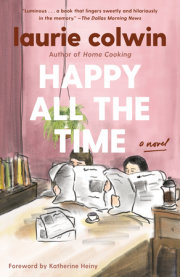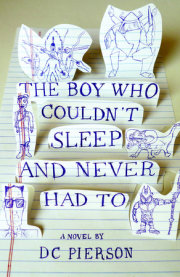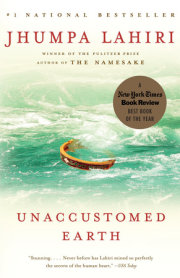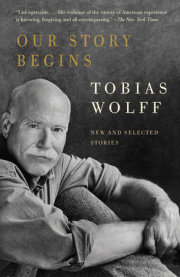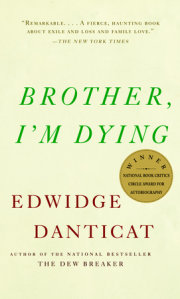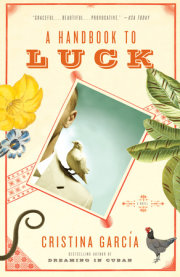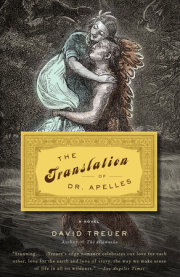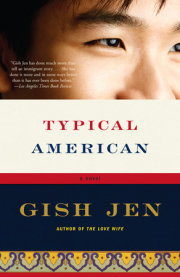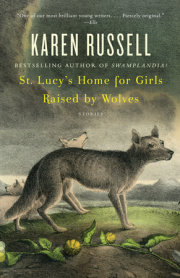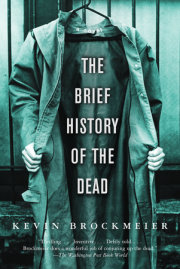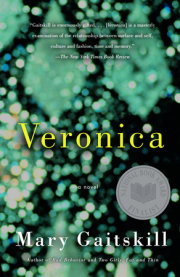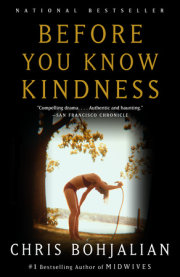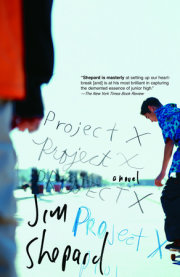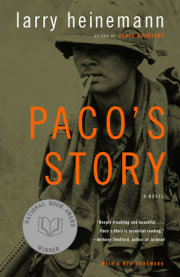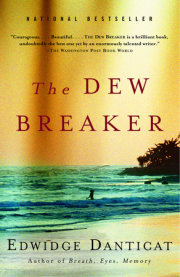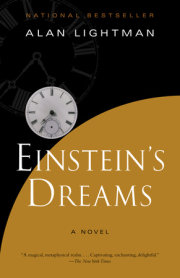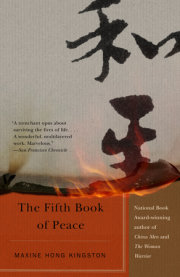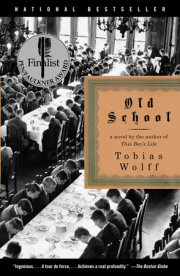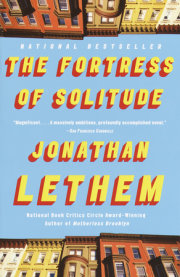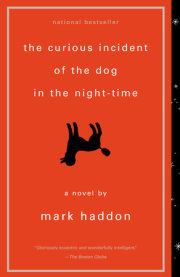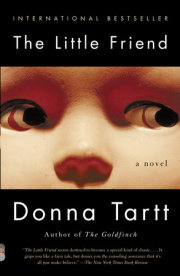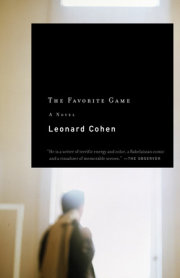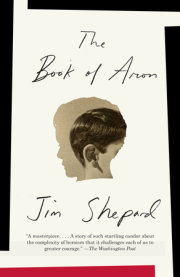I
His Father’s Expression
It had gotten colder overnight, and the gravediggers had had to use a pneumatic drill. Aleq had had to listen to it all morning.
The Hansenips and the Jorgensens and their cousins and some of the Geislers smoked and talked during the procession to the graveyard, and Aleq and Malik trailed along behind, Malik on his phone. They had no Wi-Fi in Ilimanaq but he downloaded stuff when he went to Ilulissat.
The Lange family all stood off to one side of the shallow hole with the coffin in it while their kids played around the graves. Malik asked without looking up if Aleq wanted to join the club called Everyone Hates Aleq, and Aleq watched two three-year-olds down the hill piss on the same spot in the snow and said he was already a member.
Some of the grave sites had little white fences around them and some were just white crosses among the rocks. Some of the graves had seashells on them and some had plastic flowers or wreaths. While the minister talked, Aleq and Malik scrolled through pictures of other people’s pets and vacations. Aleq’s grandmother gave him a look, so he stepped away and lifted his head like he was interested in something else. By the time the minister finished it was sleeting, so when the service was over, a lot of people headed back to their houses and the family almost had to fill in the grave alone. When Aleq looked back, the wind was blowing even the frozen dirt off their shovels. When he looked back again, halfway down the hill, they’d finished with the dirt and had rolled all of the large stones on top and were posing for their photographs with their hoods up. One of the girls in the family waved—he couldn’t even tell which twin from that far away—but he kept his hands stuffed in his anorak.
An older kid named Tavik was ahead of them heading down the hill. “Want to see the most stupid expression in Greenland?” Malik asked him. When the kid looked up, Malik pointed at Aleq.
“Just West Greenland,” the kid told him. “I have a cousin in Tasiilaq who’s worse than that.”
The kid went on ahead and left them behind. Malik had his phone to his ear, and even with the wind you could hear a little music. “Is that Baba Saad?” Aleq asked. They liked German gangsta rap and Malik liked to sing it, though nobody liked to listen. Sometimes he lost interest in the middle of a question, and if you asked the same question twice, he paced, like it had taken you too long to figure out what you needed to know.
The sleet stopped, and down by the water they found a patch free of bottles and feathers and sat on a rock, so close to the water’s edge they had to lift their feet every so often for the choppy little waves. It didn’t get fully dark, but on cloudy days the brightest glow in the sky was to the north, and to the west the moon was so low it was sitting on Disko Island. Out past the cement wharf old man Rosbach bobbed around in an open boat filled with a new tied-down ATV. Eventually the crane operators winched it up. They had also just hauled up a mini-fridge that one of the Villadsens was dragging over to his own ATV on a sheet of cardboard to keep it from being scratched on the cement.
Two of the chained dogs closest to Aleq and Malik ignored them, and two howled. Aleq threw some pebbles at the howlers, and then at Malik, and then they tried hitting each other’s legs by skipping flat rocks off the rock they were sitting on. It was the kind of stupid game that left them nicked up and bloody under their pant legs and made Aleq’s grandmother mad, like when they played You’re It on the steep slopes above open water. Or the way they were always running around after dark and looking in people’s windows. Though whatever they were doing was usually Aleq’s idea, they got in equal trouble, and he felt bad about that, but it was like his heart was always the happiest when they were up to something they weren’t supposed to be doing.
Be Good or the Qivitoq Will Get You
When they got back to his grandmother’s house they stood outside in the wind while Malik finished looking at something on his phone, and finally Aleq went inside. His grandmother was cleaning, and when he asked why, she told him that after the Hansenips and Geislers called on the family, they were going to come by for coffee and cake. “Where’s your friend with the answers?” she asked. She’d started calling Malik that after he’d started saying “I don’t know” whenever she asked him a question. While she was talking Malik came through the door fussing with finding a pocket for his phone. “Now look what they’ve done,” he said when he saw the table set up with all the food and wine and coffee, like it was his house.
Aleq hung their coats on nails and to help out lined up their black rubber boots beside the plastic buckets along the entry room wall. So many people came in behind them that they were pushed all the way over to the open wooden chest his grandparents used to keep everything in. They sat on its edge, and Malik in his boredom pulled out a piece of hide, a harpoon head, a pad of paper, and a set of earphones. The front door kept banging open and then someone would shut it again. More people squeezed in and moved around the house. Almost everyone was smoking, and there was one bad smell after another depending on who was standing nearby. Aleq’s grandmother saw him moving away from people and gave him another look. She told everyone he had a sensitive nose. Where’d he get a nose like that? she wanted to know. No one else in the settlement had one.
His grandfather’s rule was that in his own house he got to be comfortable, so he was in his long underwear and slippers. The elastic had worn out in the sleeves and ankles. Malik called him Mr. Wolf after the Danish fashion magazine. Malik never asked what it was like to have been adopted by your grandparents because your father and mother hadn’t been married or had a house of their own. They finally had gotten married when Aleq was eight, and now they had three other kids. He visited sometimes and had slept there once when his grandmother had had her sister’s family over. Malik’s family was related to everybody, but it seemed like Aleq’s family wasn’t related to anybody. It didn’t matter, though, because in a year he’d have to leave for middle school in Ilulissat anyway.
Malik came back from the table with a cup of the wine Aleq’s grandmother called Three Seals because of the shape on the label, and she was right behind him and took it out of his hand. “Be good or the qivitoq will get you,” she said over the noise. Malik said a qivitoq was way too busy to worry about someone like them, but it scared them anyway and his grandmother knew it. His grandfather had seen one that had killed three dogs and was always stealing char from the drying racks at his fishing camp. He said the best way to spot them was on the ridgelines against the sky. They’d been men or women who’d had problems with other people or been unlucky in love and had gone off to live in the mountains and after they’d died had stayed as ghosts. His grandfather said the one he saw had white and mottled skin that was horribly loose and long hair and even longer nails. In the winter they scared you by looking in your windows. There were whole areas in the mountains where no one went because of them. The new mine was in the mountains, and Malik had brought that up when Aleq had told him about where they could sneak under the fence, but when Aleq had shamed him about being afraid, Malik hadn’t mentioned it again.
Spring, Except Not Really
For two days it was even colder and then for a week it was so warm everyone went out in shirtsleeves. The ice in the corners of the entryway in his grandmother’s house melted from the sunshine through the windows. They rode their bikes through slush rivers in the streets so deep their pedals were underwater. All the rocks were slippery with meltwater and the air had that smell of the beginning of summer and everything thawing out.
Malik wanted to see what was so cool about the mine before they went back there at night. There was supposed to be a bigger mine on Disko Island but one had also been started past the lake and up in the hills way to the east. The road past the cemetery went all the way south to Qasigiannguit and the track for the mining company went off it up and over the ridge. There was a No Trespassing sign on a sawhorse where the track left the road. The sand turned to mud as you went past the cemetery and down the hill, but you could bike around it.
It was far enough even on the bikes that they had to take a break, and looked back toward the town. Up higher even in the sun there was just enough cold in the air. Back below the cemetery, some women carried full plastic bags up the hill and an ATV roared past them and some teenagers drinking on the picnic tables.
“This better be good,” Malik said, making a face at all the climbing they still had to do.
The Green Economy
Some fifteen years earlier the government of Greenland had announced that it had approved four times the number of mining exploration licenses granted in the previous decade. An Australian company had already begun zinc and lead mines on the northern coast, and fifty-six other active licenses were granted for gold, rubies, nickel, copper, and rare earth minerals, including neodymium, praseodymium, dysprosium, and terbium. The mines were promoted as contributing to the green economy, since 80 percent of the rare earth deposits would be used in wind turbines, hybrid cars, and lasers, so the pitch became “Global Warming and Greenland: We’re Part of the Solution.” Instead of publicizing a lot of moping and moaning Inuits trooping off to international conferences to lament the destruction of their fishing grounds, why not focus on the resources that native geologists were discovering every day under the vanishing ice sheets? Either you sat and just reacted to what was hurtling toward you, or you worked to get ahold of whatever opportunity brought along. Every settlement council had its visionaries who could anticipate hundreds of generated jobs and new airports and roads and hotels. When it was pointed out that 90 percent of the world’s rare earth minerals came from China and that the environmental degradation those mines had left behind was stunning, the glass-half-empty types were refuted with the reminder that the goal of self-sufficiency had to trump the notion of a continent changed beyond recognition, and were further chided that they couldn’t live in a museum, and that the country was so huge, how could a few mines make a difference?
With that door now wide open, Bluejay Mining, based in London and Frankfurt, had announced that it was initiating a nickel-copper-platinum-cobalt-sulfide project in the Disko Bay area, which had already been the subject of more than three decades of mining exploration, and that it was confident of proving up the region’s resource potential.
The environmental and social impact assessments had been completed with the help of independent consultants from Denmark who, it turned out, had entered into discreet but fruitful partnerships with the mining companies. Greenlanders had been informed that they had been walking on billions of dollars all their lives and had never known it. What was a country to do when the traditional way of life no longer paid the bills? As Aleq’s grandfather sometimes complained, many were unemployed. Families were moving away. It would be nice to see citizens doing something other than drinking wine and walking around in circles.
Copyright © 2021 by Jim Shepard. All rights reserved. No part of this excerpt may be reproduced or reprinted without permission in writing from the publisher.

